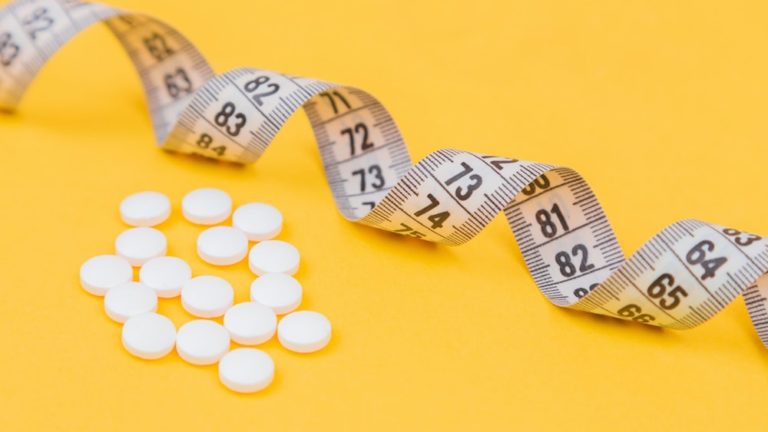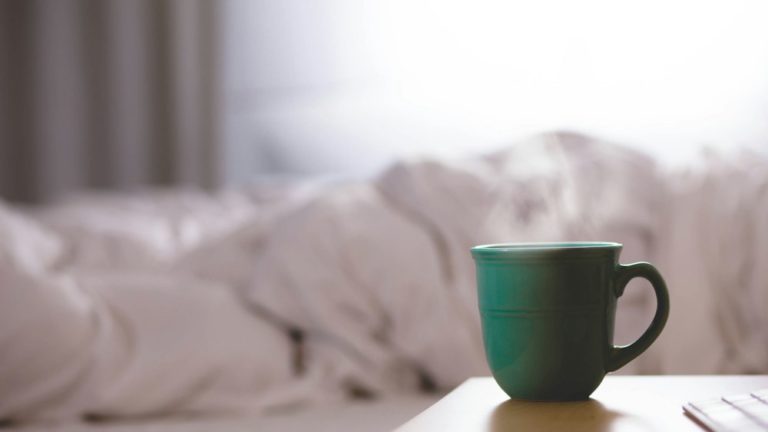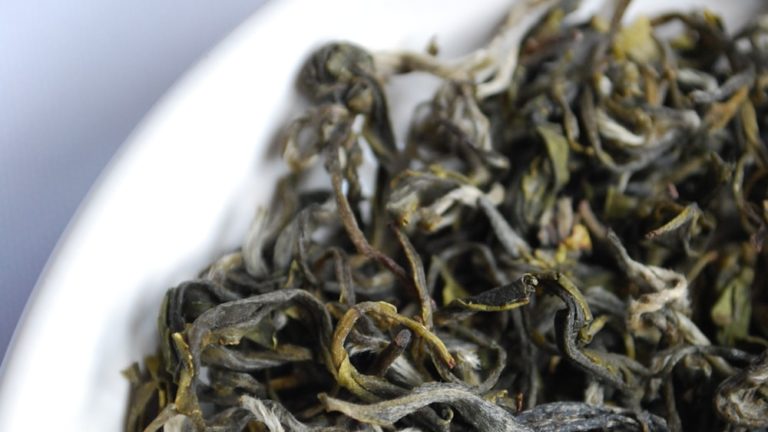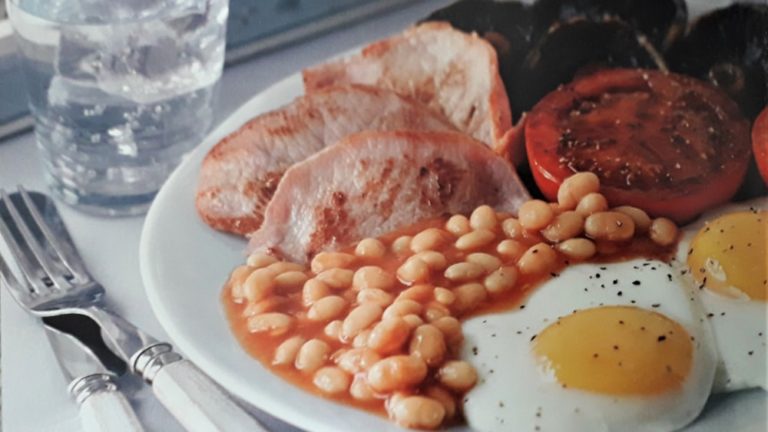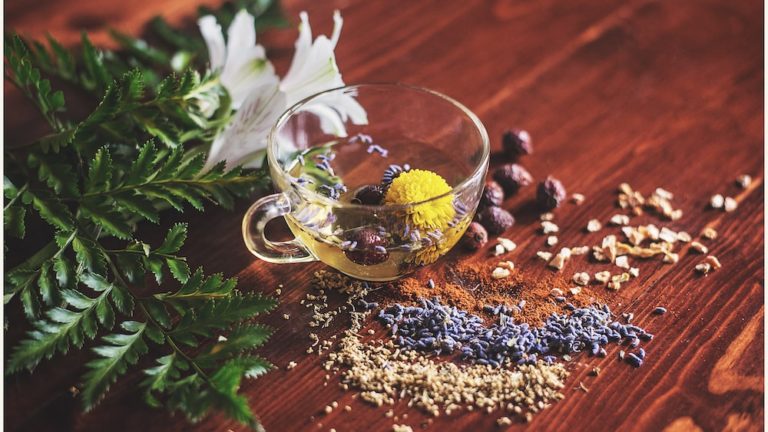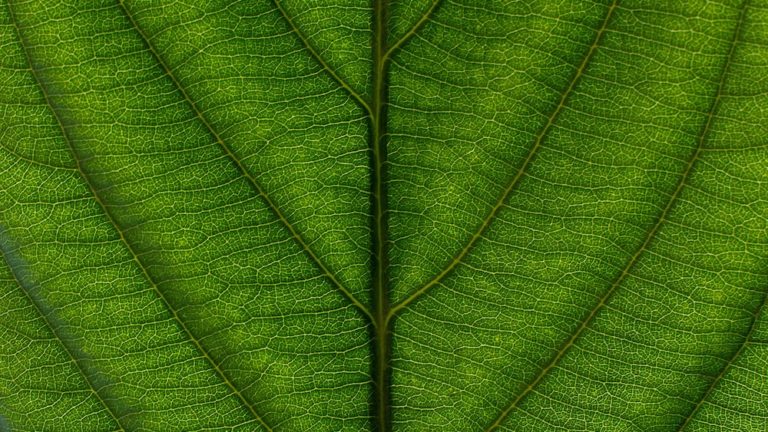White Tea Vs Coffee Caffeine: Unveiling The Surprising Truth
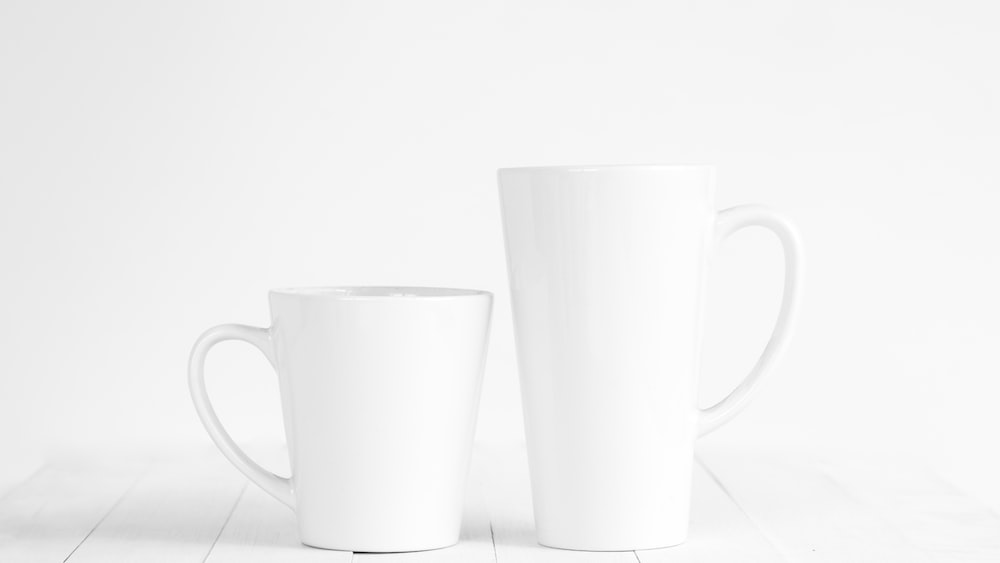
White Tea Vs Coffee Caffeine: Unveiling The Surprising Truth
Ah, the classic morning debate: a steamy aromatic cup of coffee vs a delicate, nuanced white tea for that all-important caffeine hit. Roll those caffeine-loaded dice, folks, because today we’re diving into the riveting depths of white tea vs coffee caffeine content. Now, you might be cocking an eyebrow at this comparison, but hold onto your teacups and coffee mugs because you’re in for a thrilling, caffeinated ride.
Quite amusingly, the caffeine debate between tea and coffee has been a hot topic for tea and coffee enthusiasts alike. If you had to place a bet on which has more caffeine, where would your loyalties lie? And who could blame you, really? The dark depths of your coffee cup vs the tranquil serenity of your teapot – it’s the clash of the Titans, folks!
Examining the caffeine content, however, isn’t a simple agitate the tea leaves, or see how they settle kind of situation. It’s more like hosting a tea and coffee party in a lab coat! Gloves on, goggles in place – are you ready to stir up some caffeine-rich fun?
Understanding White Tea and Coffee
Before we descend into the heart of this caffeinated duel, it’s crucial to know your contenders. What is white tea, and how does it hold up against the much-celebrated coffee on the caffeine front? Let’s get brewing!
What is White Tea?
White tea – what’s in a name, right? Oh well, if only it were that simple! Originating from the sun-drenched landscapes of China, white tea has claimed its royal place in the kingdom of teas. These teas are minimally processed, and they dance to the tune of an entirely different rhythm when it comes to brewing.
The term “white” in white tea alludes to the tea’s delicate floral fragrance and elegant aesthetic. It’s akin to that first flush of dawn, the petals of the morning blossom unfurling in the soft light. Divine, isn’t it? But, there is more to this delicate tea than what meets the eyes or the taste buds.
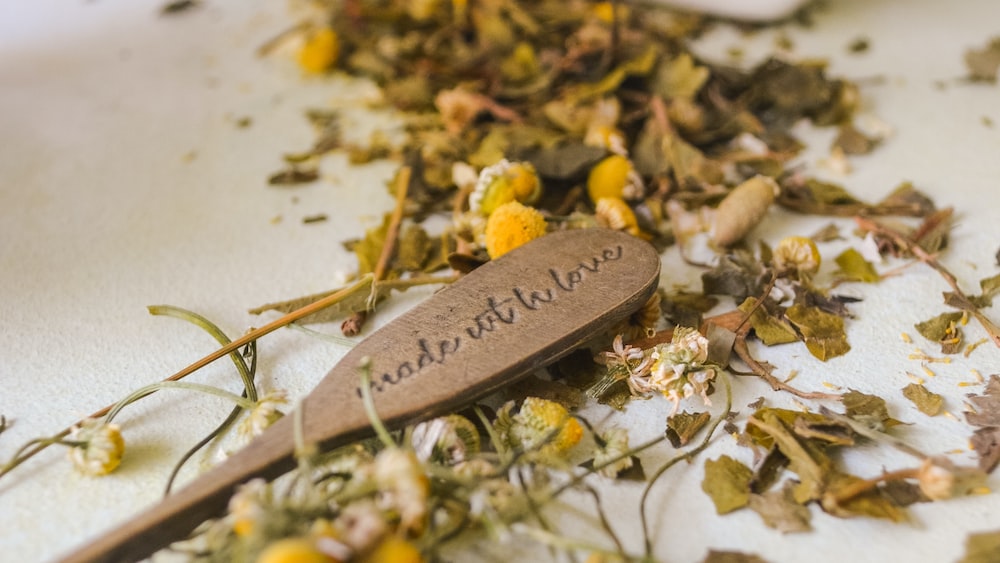
The process of making white tea is almost zen-like. The youngest leaves of the Camellia Sinensis tea plant, cloaked in a fine white fuzz, are harvested during the early days of spring. To retain the tea’s natural essence, the leaves are left to dry in the soft, curling whispers of the sun’s rays. White tea is essentially the most natural form of tea; a testament to nature’s purity.
White tea is a minimally processed tea with a delicate floral fragrance and elegant aesthetic, made from the youngest leaves of the Camellia Sinensis tea plant and dried in the sun to retain its natural essence.
What is Coffee?
The answer to those dawn-eyed yawns – that’s coffee for you. Originally traced back to the wild landscapes of Ethiopia, coffee is now the stuff of an international love affair. From the gurgling Italian coffee pots to the dainty French café au lait cups, you can find someone brewing coffee in almost every nook and cranny of the world.
Coffee is a part of many rituals – a morning necessity for some, an afternoon pick-me-up for others, and a post-meal conversation enhancer for many. Made from the seeds of cherries from the Coffea plant, what we sip as coffee is a culmination of sorting, drying, roasting, and grinding. It’s a dance of flavors and fragrances, of textures and temperatures. However, does this dance involve a high amount of caffeine? Well, that’s for the next chapters to reveal!
The Caffeine Content in White Tea
Brogues off, lab coats on! Let’s brew some science into this caffeine narrative. Does white tea pack a punch or is it a gentle tap in terms of caffeine content?
Factors Influencing Caffeine Content in White Tea
In the deliriously delectable world of teas, several factors influence the caffeine content. One would assume that lighter-colored teas provide lesser caffeine content. But pop those tea bubbles because things are not that straightforward!
- Growing Conditions: The caffeine content of tea plants is a balancing act between the plant and its environment. More stress from light, moisture, and temperature could result in the plant producing more caffeine.
- Harvesting Time: Remember the early spring harvest of white tea leaves? Higher levels of caffeine are often associated with younger leaves. Younger, the more caffeine-heavy? Tea just got a bit more interesting!
- Variety of the Tea Plant: Different varieties of the tea plant come with varying caffeine levels. Like the best of tea dramas, it all boils down to genetics!
The Assumption About the Caffeine Content of White Tea
On the surface, the subtle charm of white tea portrays an image of soft sophistication, and one might be quick to assume that the caffeine content would mirror its subdued demeanor. However, is there more of a caffeine kick lurking in your white tea, covertly camouflaged behind its mild demeanor?
Despite popular belief, the caffeine content of white tea is not always less than that of its more robust tea relatives. Surprised, are we? Different studies have shown that white tea might have similar or even higher levels of caffeine compared to other teas.
Moreover, the caffeine content of white tea may also vary widely depending on how the tea is brewed. Tea’s delicate dance with water, time, and temperature sometimes sets a stage for more caffeine to pirouette its way into your cup. Think about it – what if that calming twilight cup of white tea was doing more of a jitterbug with your caffeine levels?
Contrary to popular belief, white tea may have similar or even higher levels of caffeine compared to other teas, and the caffeine content can vary depending on how it is brewed.
The Caffeine Content in Coffee
Now, let’s coffee-talk! With its intense aroma and rich flavor, does coffee transpire to show a higher caffeine content? That’s a thought worth brewing upon. Stay tuned folks, the caffeine carnival has just begun!
Factors Influencing Caffeine Content in Coffee
Talking about coffee never gets stale, right? It’s the roaring lion to the purring kitten that is your sleepy morning routine. But what makes coffee such a potent wake-up call? On to the caffeine content, my tea-loving comrades! Similar to our beloved white tea, caffeine in coffee is, surprisingly, a delicate creature and can be influenced by multiple factors.
For instance, the variety of coffee beans used has a sway in the caffeine court. Robusta beans generally contain higher caffeine levels than their Arabica counterparts. The paradox dances on stage! The less popular bean has more caffeine – who knew? Not to mention the factoring effect of the roast duration. Counter-intuitively, light roasts often contain more caffeine than their darker, more brooding cousins.
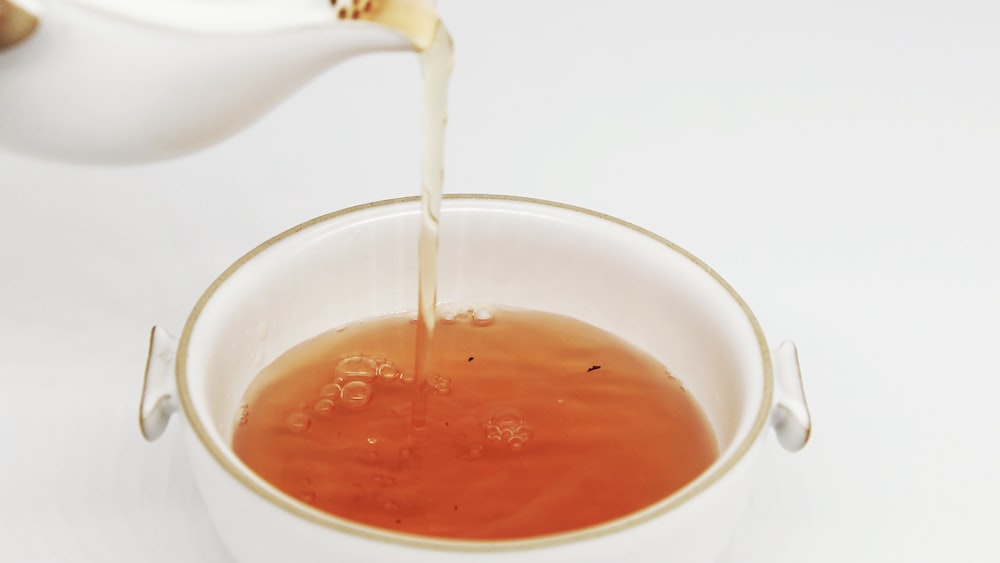
The Assumption About the Caffeine Content of Coffee
Oh, how we love our generalizations! Many of us make the assumption that coffee’s caffeine content is higher than that of tea – white tea, green tea, black tea, you name it. But is this always true? Is this hug-in-a-mug, bound by its seductively bitter taste, truly the reigning champion of caffeine content?
Well, you might want to sit down for this. While it’s true that a single cup of brewed coffee generally contains more caffeine than a similar serving of white or black tea, there’s more to the caffeine equation than meets the eye. Individual preparations and tea varieties can shake up this assumption like a caffeine-fuelled salsa dance.
Comparing Caffeine in White Tea Vs Coffee
Fasten your seatbelts, sip your choice of bevvy; it’s time for an enlightening ride into the world of “white tea vs coffee caffeine”! How do these seemingly dissimilar buddies compare in terms of their wake-up juice, aka caffeine? Let’s dive deeper.
Direct Comparison of Caffeine Levels
Purely on numbers – it’s crunch time now! If we’re only talking about dry weight, tea leaves actually contain more caffeine than coffee beans. Yes, you read that right. The plot thickens. White tea, though light and sophisticated in flavor, isn’t trailing too far behind coffee in the caffeine race.
Break it down, though? The amount of caffeine extracted from coffee during brewing typically exceeds that from tea. Enter the strong, bold, and oh-so-caffeinated cup of joe dominating the caffeine landscape. Still, white tea isn’t throwing in the towel too easily. It marvellously monograms its caffeine love letters with subtler, lighter touches.
How Preparation Affects Caffeine Levels
Get ready for your brewing marathon! The humble coffee filter, the shrill whistle of a kettle; they’re not just kitchen clutter. The way you prepare your tea or coffee can have a significant influence on caffeine levels. Are you joining the slow and sultry French-press coffee club, or are you an advocate for the quick-n-easy instant type? Is your preferred white tea steeped for eternity, or are you a quick-dunker?
Specifically talking about “white tea vs coffee caffeine,” preparation plays a crucial, yet understated backstage role. Shoutout to finer tea granules and hotter water temperatures, enhancing caffeine extraction in your cuppa. Coffee, on the other hand, gets its caffeine boost from longer exposure to hot water. So you see, the dance of caffeine extraction isn’t just a one-step gig!
Health Implications of Caffeine in White Tea and Coffee
“But what does it all mean, in the realm of health?” I hear you ask. Well, dear readers, when navigating the “white tea vs coffee caffeine” labyrinth, it’s important not just to consider caffeine amounts, but also the health implications tied to our caffeine consumption. Let’s examine this, shall we?
Potential Benefits and Risks of Caffeine in White Tea
White tea, the gentle prodigy of the tea family, offers a plethora of health benefits built into every leaf. Loaded with antioxidants, it may serve as a fantastic ally against oxidative stress. Pop a party popper for your potential shield against some heart-rending diseases (thank you, antioxidants!), improved skin health, and probable weight-loss assistant.
However, as with everything in life, moderation is key. Higher amounts of caffeine, even in our beloved white tea, can lead to symptoms such as sleep disruption, rapid heartbeat, and jitteriness. So, remember to balance out your love affair with this delicate gem.
White tea is a gentle prodigy that offers health benefits like antioxidants, improved skin health, and potential weight loss, but moderation is key to avoid symptoms like sleep disruption and rapid heartbeat.
Potential Benefits and Risks of Caffeine in Coffee
Much like white tea, coffee strums its own song of health benefits. From potentially lowering the risk of certain types of cancer and stroke to improving physical performance, coffee really tries to outdo itself, doesn’t it?
And yet, fellow coffee aficionados, let’s not don our rose-colored glasses quite yet. Despite its benefits, coffee’s caffeine content can be a double-edged sword. Excessive consumption can lead to anxiety, digestive issues, and even high blood pressure. It’s not just a tall, dark, and strong brew; it needs respectful caution too!
Making the Choice: White Tea or Coffee?
You are standing in your kitchen, a curious tea-brewer with a mug in one hand and an existential conundrum in the other. Do you go with the sophisticated elixir of the tea type known as white tea, or do you embrace the robust journey that is coffee? It’s nothing short of choosing between two parallel universes!
Factors to Consider When Choosing Between White Tea and Coffee
Beneath the quirkiness of this decision lie some important considerations, dear reader. Firstly, think about your caffeine needs. Time for a reality check! If you’re making this choice in the morning, desperate to shrug off the shackles of sleep, you may instinctively reach for coffee – typically considered the equivalent to a rocket booster for its caffeine content.
However, there lies an underlying twist. The caffeine content in white tea may be more than what’s generally assumed. The final say in this battle of “white tea vs coffee caffeine” depends on various factors, including the specific tea type and preparation method used.
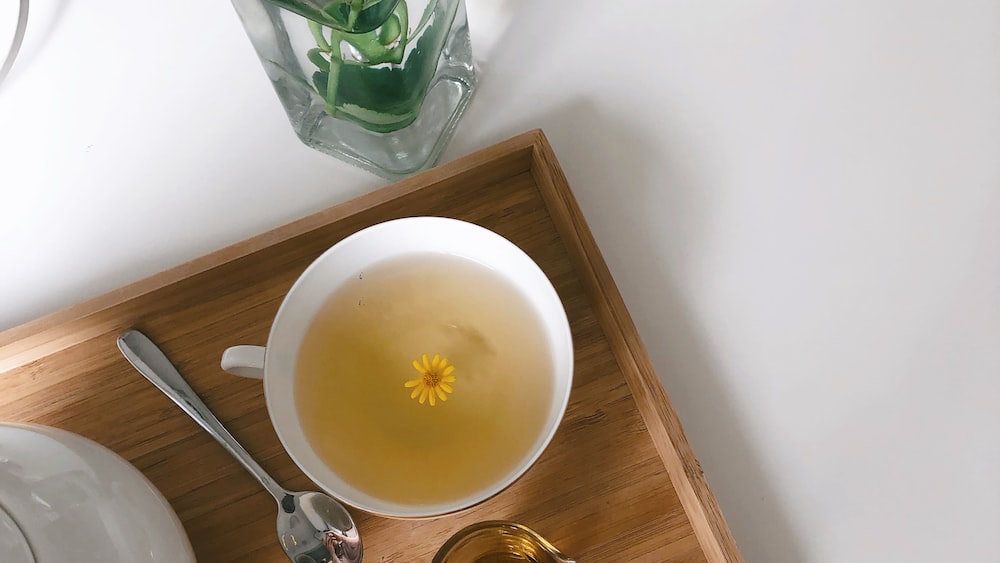
FAQs
1. Does white tea have more caffeine than coffee?
While typically coffee is considered to have more caffeine, the truth significantly depends on the specific types in question, preparation method, and serving size. So, whether white tea has more caffeine than coffee can vary.
2. What factors influence the caffeine content in white tea and coffee?
The caffeine content in white tea and coffee is influenced by several factors. These include the specific tea type or coffee brand, their respective processing methods, serving size, and most importantly, the brewing method.
3. What are the health implications of caffeine in white tea and coffee?
The health implications of caffeine in white tea and coffee can be quite contrasting. While caffeine in measured amounts often helps improve alertness and cognitive function, an excess can lead to jitteriness, increased heart rate, and potentially disturbed sleep.
4. How does the preparation method affect the caffeine level in white tea and coffee?
The preparation method significantly impacts the caffeine levels in white tea and coffee. Longer brewing or steeping times, higher water temperature, and using more loose tea or coffee grounds all contribute to higher caffeine levels.
Conclusion
In the end, the “white tea vs coffee caffeine” battle is less about winners and losers and more about understanding our own health and wellness needs. Whether you’re a long-time tea enthusiast or a self-confessed coffee addict, knowing your drink’s caffeine content can significantly influence your overall well-being.
As a tea-brewer, you now have more knowledge about the caffeine content in white tea and how it stands against coffee. You have the power to make conscious decisions based on factors you previously might not have considered.
The big question, white tea or coffee, remains an individual choice. But now you’re armed with a newfound knowledge and ready to choose a path that best suits your wellness journey. Travel this path with confidence, my friends, knowing that every sip you take is one step closer to a healthier you. Till our next tea vs coffee battle, stay radiant, stay caffeinated, and remember – life’s too short for bad drinks. – Zoe

